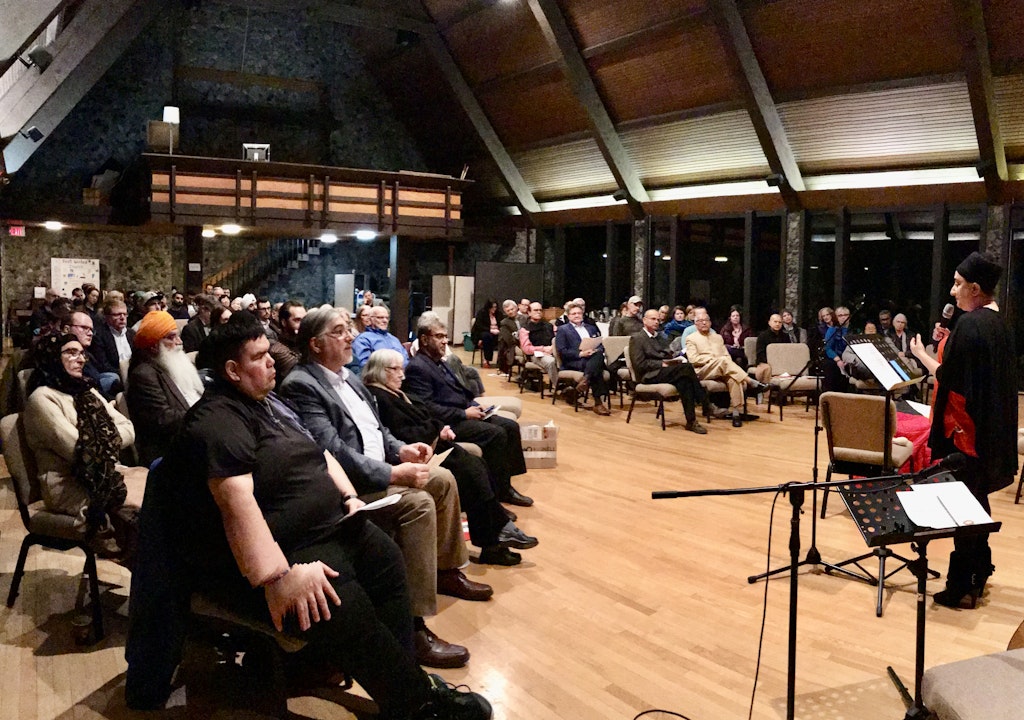The Baha’i teachings, articulated through a rich tapestry of spiritual principles and ethical mandates, encompass a profound commitment to the protection of human rights for all individuals. This commitment extends particularly to the imperative of supporting torture victims—a subject that resonates deeply within and beyond the Baha’i community. The Baha’i Faith emphasizes the intrinsic worth of every human being, underscoring the urgent need to confront and alleviate the suffering inflicted upon individuals by acts of torture. The subsequent exploration elucidates the fundamental Baha’i viewpoints on human rights and the moral responsibility to advocate for those who endure such heinous violations.
The principle of the oneness of humanity is central to Baha’i beliefs. This tenet posits that all people, regardless of nationality, ethnicity, or creed, are interconnected and deserving of dignity and respect. The acknowledgment of this oneness compels Baha’is to actively support and defend the rights of the most vulnerable members of society, including torture victims. This moral imperative is further contextualized within the framework of concepts such as justice and equity, which are foundational to the fabric of Baha’i teachings.
At the heart of the Baha’i perspective on human rights is the potential for spiritual development inherent in all individuals. The Baha’i Faith posits that every person possesses an innate capacity for growth and transformation, regardless of their circumstances. Consequently, the experience of torture, which inflicts profound psychological and physical scars, stands in stark opposition to this fundamental belief. Baha’is assert that it is imperative to mitigate such trauma through compassionate support and active engagement in the healing process.
Understanding the spiritual ramifications of torture leads to a recognition of the broader implications of human rights violations. Torture not only dehumanizes the victim but also disrupts the social and moral fabric of society. Baha’i teachings emphasize that the welfare of an individual is fundamentally linked to the collective well-being of humanity. Thus, when torture is tolerated or ignored, it fosters a culture of impunity that permeates society, leading to the erosion of ethical standards and social justice.
The Baha’i commitment to supporting torture victims manifests in several distinct ways. One primary avenue includes advocacy for the establishment of international laws and conventions that unequivocally prohibit torture. Baha’is are encouraged to engage in dialogues with policymakers and participate in grassroots activism aimed at promoting and safeguarding human rights. This involves aligning efforts with global organizations that focus on the eradication of torture, thereby amplifying the message that such actions are universally condemned.
Additionally, Baha’is are called to lend their support to organizations that provide direct assistance to torture survivors. This can encompass various forms of aid, including psychological counseling, medical support, and legal assistance. By addressing the multi-faceted needs of torture victims—physical, emotional, and social—Baha’is illustrate their commitment to holistic healing. The act of supporting these survivors is not merely an obligation but a reflection of humanity’s collective responsibility to ensure that no individual is left to suffer in isolation.
The Baha’i teachings also emphasize the role of education in alleviating the conditions that lead to torture and human rights violations. By cultivating a consciousness that values human rights, Baha’is advocate for educational programs that raise awareness about the impacts of torture and the legal frameworks established to protect against such abuses. Educational initiatives can empower communities, enabling them to recognize and challenge injustices. Through informed dialogue, Baha’is seek to foster an atmosphere of empathy and understanding, ultimately contributing to a societal climate that rejects torture and violence in all forms.
The Baha’i perspective on human rights further highlights the necessity of interfaith cooperation in addressing the challenges posed by torture and other human rights violations. In a world that is often fractured along religious and cultural lines, the Baha’i teachings advocate for unity and collaboration across diverse faith traditions. This collective approach allows for a sophisticated exchange of ideas and strategies, enhancing the efficacy of advocacy efforts. With a shared commitment to uphold human dignity, interfaith dialogues can serve as powerful catalysts for social change.
Moreover, the Baha’i Faith encourages individuals to engage in self-reflection and cultivate virtues such as compassion, empathy, and justice. This moral introspection creates the foundation for action, inspiring individuals to stand in solidarity with torture victims and those advocating on their behalf. Recognizing the interconnectedness of human experiences cultivates a sense of responsibility to contribute positively to the world, thereby fostering a culture of respect and dignity.
In conclusion, the Baha’i perspective on the support for torture victims is inherently linked to a broader commitment to human rights, justice, and the spiritual development of individuals. Through the principles of the oneness of humanity, the imperative for justice, and the call for education and interfaith collaboration, Baha’is are uniquely positioned to advocate for those subjected to the brutality of torture. Their teachings encourage both personal growth and collective action—an invitation to transcend the confines of individual suffering and work toward a world where every person is accorded the respect, dignity, and rights they deserve. The Baha’i response to torture is therefore not merely a matter of political will, but a profound expression of humanity’s potential to foster a more just and compassionate society.
